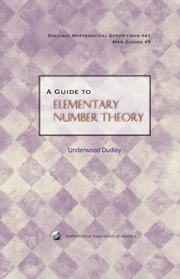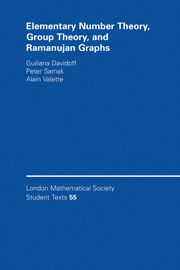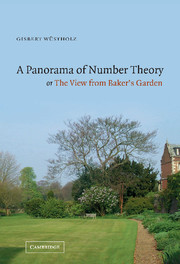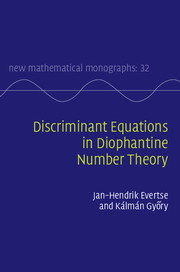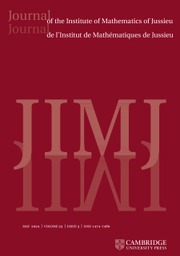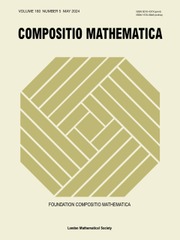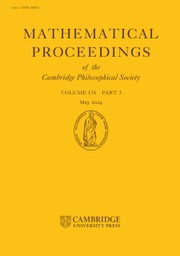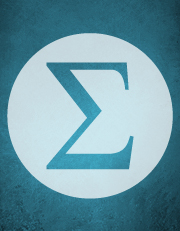A Guide to Elementary Number Theory
A Guide to Elementary Number Theory is a short exposition of the topics considered in a first course in number theory. It is intended for those who have had some exposure to the material before but have half-forgotten it, and also for those who may have never taken a course in number theory but who want to understand it without having to engage with the more traditional texts which are often extensive, and dense. Number theory has an impressive history, which this guide investigates. Rather than being a textbook with exercises and solutions, this guide is an exploration of this interesting and exciting field. Its important results are all included, usually with accompanying proofs: the Quadratic Reciprocity Theorem is proved as Gauss did it. The material has been chosen to be maximally broad whilst remaining concise and accessible.
- Perfect as a refresher, or a first course in the subject
- Covers all the material that an introductory course in number theory involves
- Introduces the important concepts and demonstrates their use in theorems
Product details
March 2010Hardback
9780883853474
152 pages
236 × 156 × 14 mm
0.32kg
This item is not supplied by Cambridge University Press in your region. Please contact Mathematical Association of America for availability.
Table of Contents
- Introduction
- 1. Greatest common divisors
- 2. Unique factorization
- 3. Linear diophantine equations
- 4. Congruences
- 5. Linear congruences
- 6. The Chinese Remainder Theorem
- 7. Fermat's Theorem
- 8. Wilson's Theorem
- 9. The number of divisors of an integer
- 10. The sum of the divisors of an integer
- 11. Amicable numbers
- 12. Perfect numbers
- 13. Euler's Theorem and function
- 14. Primitive roots and orders
- 15. Decimals
- 16. Quadratic congruences
- 17. Gauss's Lemma
- 18. The Quadratic Reciprocity Theorem
- 19. The Jacobi symbol
- 20. Pythagorean triangles
- 21. x4+y4≠z4
- 22. Sums of two squares
- 23. Sums of three squares
- 24. Sums of four squares
- 25. Waring's Problem
- 26. Pell's Equation
- 27. Continued fractions
- 28. Multigrades
- 29. Carmichael numbers
- 30. Sophie Germain primes
- 31. The group of multiplicative functions
- 32. Bounds for ∏(x)
- 33. The sum of the reciprocals of the primes
- 34. The Riemann Hypothesis
- 35. The Prime Number Theorem
- 36. The abc conjecture
- 37. Factorization and testing for primes
- 38. Algebraic and transcendental numbers
- 39. Unsolved problems
- Index
- About the author.

